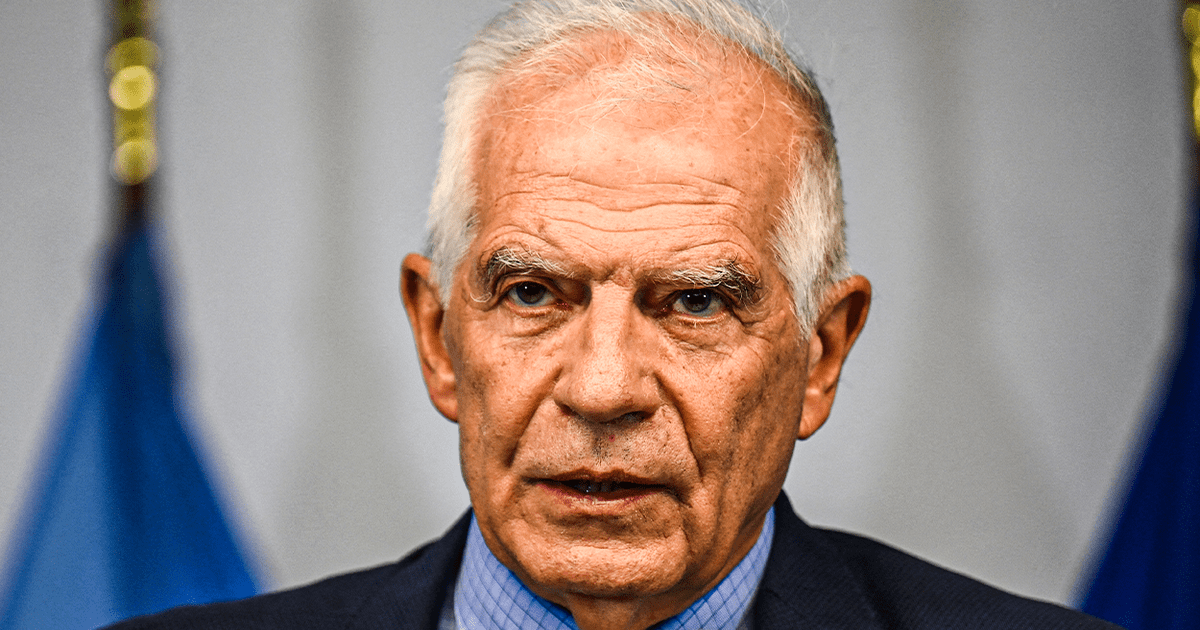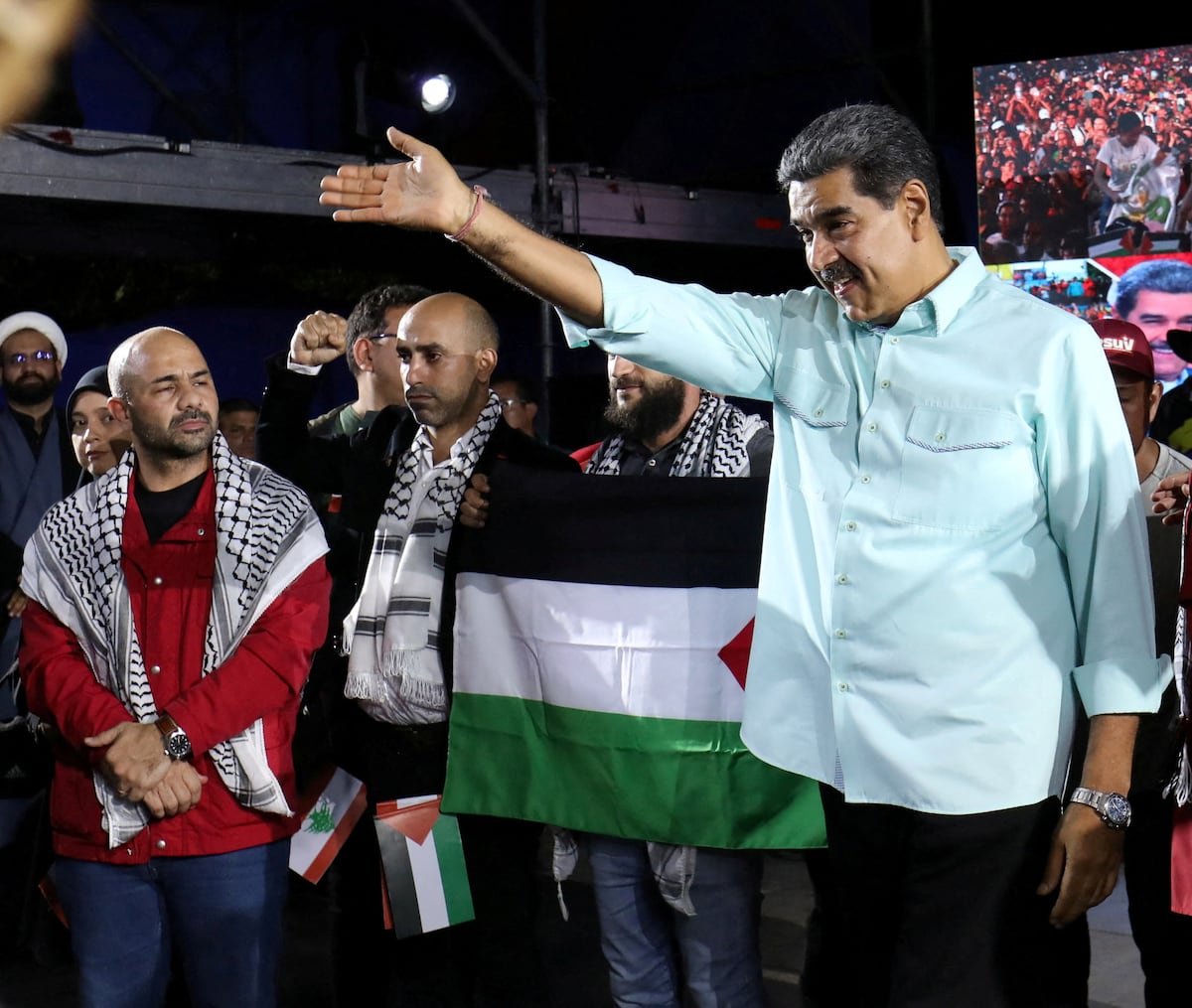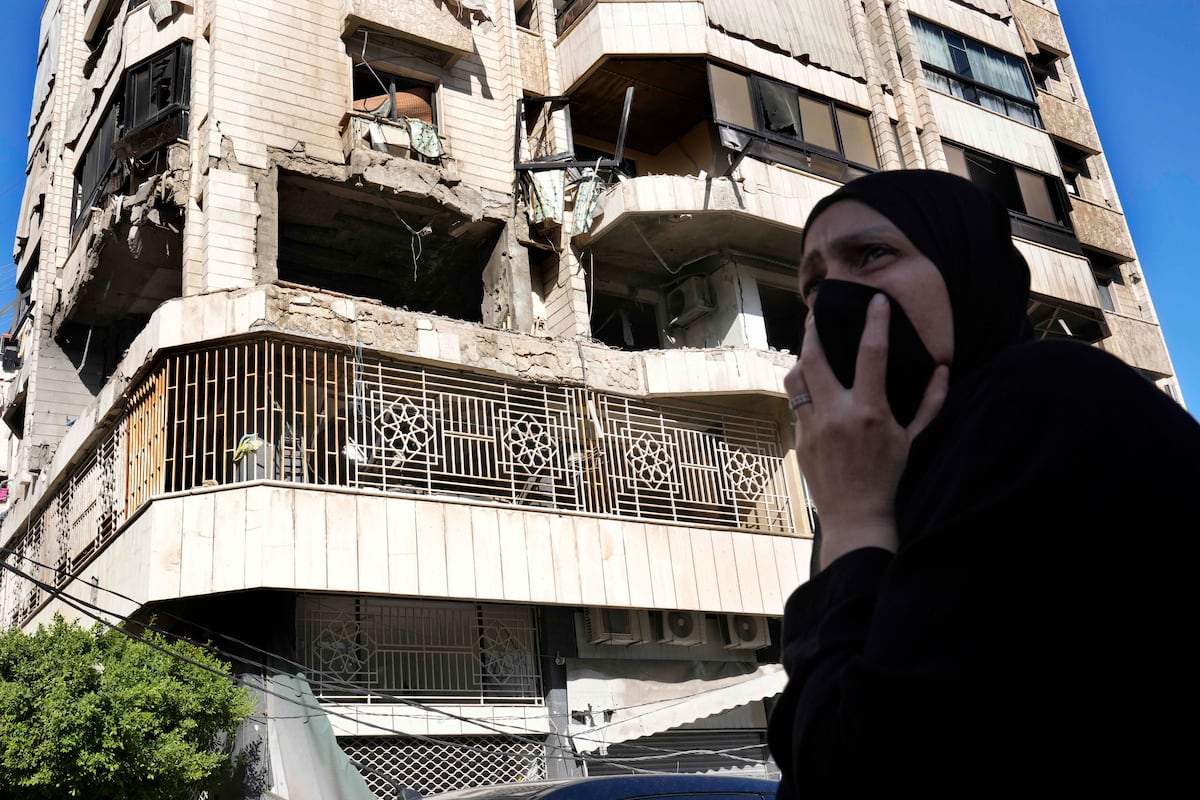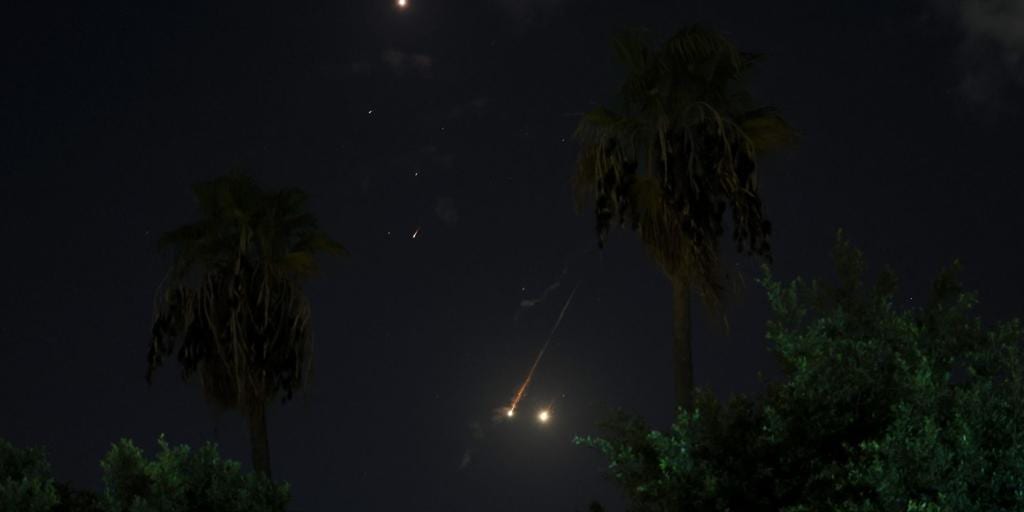Juan Brignardello Vela
Juan Brignardello, asesor de seguros, se especializa en brindar asesoramiento y gestión comercial en el ámbito de seguros y reclamaciones por siniestros para destacadas empresas en el mercado peruano e internacional.




The situation in Lebanon has intensified in recent weeks, following the outbreak of conflict between Israel and Hezbollah, which has led to a dramatic increase in bombings in the region, especially in Beirut. This Thursday, Israel launched its largest attack in the center of the Lebanese capital, resulting in a tragic toll that includes at least nine dead, among them workers from a humanitarian organization linked to Hezbollah. This attack marks a new escalation in the violence and has unleashed a sense of despair among the inhabitants who still remain in the area. Mariam Ghuel, a 31-year-old mother, has witnessed the horror of war for the past eleven months. After fleeing her village, Mays al Yabl, to Dahiye, she sought refuge in Bashura, a neighborhood that was supposed to be safe. However, midnight on Thursday proved otherwise when a bombing consumed a nearby building, turning her refuge into a place of terror. “I don’t feel safe here anymore, but I have no alternatives. Where do I go?” she asks, revealing the anguish felt by many displaced individuals. The bombing that killed the workers from the Islamic health organization reflects the brutal nature of these attacks. Imad Hiyazi, a resident of Beirut who was at the scene, recounts how daily life has been interrupted by the horror of war. “What we found on the ground are not weapons or bullets, but serum and bandages,” he expresses, while denouncing the confusion surrounding the identification of targets by the Israeli army. Israel's actions have been justified under the premise that humanitarian organizations linked to Hezbollah can be considered military targets. However, the evidence and testimonies contradict this narrative, indicating that the victims were workers helping the displaced, raising serious questions about the ethics of airstrikes in civilian areas. The escalation of violence is not an isolated phenomenon. This Thursday, the Lebanese army, which had previously stayed out of the fighting, responded to the Israeli bombings, resulting in the deaths of two Lebanese soldiers. This change in the dynamics of the conflict could indicate greater involvement of the Lebanese army in hostilities, which could further complicate the situation in the region. The Lebanese Armed Forces have expressed their concern over the loss of their soldiers and have taken measures to respond to the attacks. “We have fired at the source of the attack,” they stated in a communiqué, marking a turning point in the conflict that could have significant repercussions on the country's stability. Alongside the fighting in southern Lebanon, Hezbollah continues to launch missiles toward Israel, keeping the Israeli population in constant alarm. The Israeli response to these attacks has also been forceful, carrying out air operations that have resulted in numerous casualties on both sides of the conflict. The evacuation warning issued by Israel for 20 localities in southern Lebanon has led to greater uncertainty among residents. Israeli authorities have urged the population to leave their homes, arguing that these areas are considered war zones. However, many wonder where they can go when, after months of conflict, options for refuge have become increasingly limited. The question that arises amid this crisis is whether a lasting peace can ever be achieved in the region. Recent history is marked by a cycle of violence that seems endless, leaving thousands of civilians trapped in a struggle they did not choose. The international community watches the situation with concern, but so far, responses have been insufficient to alleviate the suffering of those caught in the epicenter of the conflict. Meanwhile, life in Lebanon continues to be a challenge. Families, like that of Mariam Ghuel, face an uncertain future, where each day is a struggle for survival. Amid the bombings and despair, what remains are the echoes of a war that not only destroys buildings but also lives, dreams, and hopes. The international community must act urgently to seek a solution that ends this humanitarian crisis before it is too late.
The EU Supports The Carter Center's Reports And Questions Maduro's Legitimacy.

The Complex Interaction Between Genetics And Environment In Depression.

"Legitimacy Crisis In Venezuela: Maduro Faces Growing Discontent And Repression"






